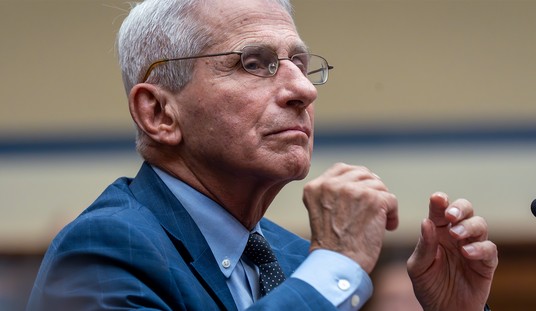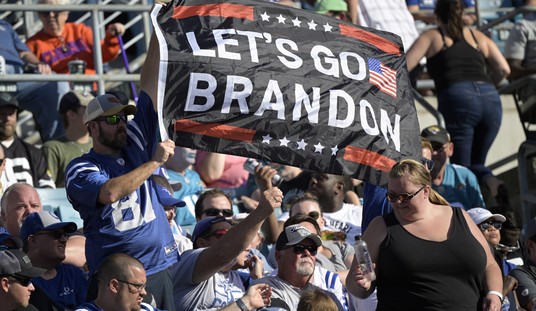For those of you not aware, the Kaiser Family Foundation released a poll recently on how people who bought insurance under Obamacare are faring. Unsurprisingly, much of the media has portrayed it as showing a generally positive response to the healthcare law. In particular, they emphasized that about 6 in 10 of the enrollees were previously uninsured. This is all, per the poll, true, but these write-ups did not look at the questions of the poll, which reveal a much more negative picture for the ACA. Former RedState Contributor Brian Faughnan at the LIBRE Initiative has a lengthy post breaking down why the poll is bad news for Obamacare supporters, but to wit:
- “Plan switchers”, those who purchased Obamacare-compliant plans who were previously insured, were generally dissatisfied with their plans: 51% were unsatisfied with the value of their plan, 51% were unsatisfied with their premiums, 52% were unsatisfied with their deductibles, and 49% experienced a plan cancellation.
- 36% of those with ACA-compliant plans are afraid of high bills under their plans, more than any other group surveyed.
- 34% are not confident they can cover even routine medical expenses.
- Among all people, 53% said that Obamacare either made no difference or made it more difficult to purchase health insurance (including 46% of the previously uninsured).
- The ACA also barely breaks even on approval rating from those affected by it. Among those who bought ACA-compliant plans outside the exchange, 49% have an unfavorable opinion of the law, and among the previously uninsured, only 53% view it favorably–not a resounding endorsement from the group it was supposed to help the most.
- 62% say they have not benefited from the law.
A few other observations of my own from the poll:
- Among people getting non-group compliant plans, 39% rated their plan as only having fair or poor value, more than both non-group plans and employer sponsored plans.
- Among plan switchers, just 29% say they have more financial protection than before.
- Among plan switchers, 39% have higher premiums. In order to get the 46% number of switchers who had lower premiums, government subsidies had to be taken into account.
- Only 44% of plan switchers have a favorable view of the law. 51% do not.
- 60% of who believe they have benefited from the law received government assistance.
- More than 60% (62%) are somewhat or very worried that rising premiums mean they will not be able to afford insurance.
- 43% are somewhat or very unfavorable toward the health care law.
Does this sound like a successful government program to you?
I suppose, looking at those responses, it’s entirely understandable that the media would not want to encourage us to look at the poll in depth. This poll doesn’t just exist in isolation either, as other studies keep showing that there are issues with Obamacare. Daniel Garza of the LIBRE Initiative gets the last word on the subject because he cuts to the heart of the matter:
The promises the president made – more choice, better quality of care, lower premiums, and more – simply have not come to pass. The system is not working as we were told that it would. That things would get progressively worse was as predictable when this passed as it is now. This is because of the structural elements inherent in this federal program – the one-size-fits-all centralization, the price controls that lead to distortion of real costs and the coercive bureaucracies. They cause bad incentives for the consumer will not work in a market economy.
The problems with the new health care law will not just go away; they’re getting worse. Rates have already increased, and they are going to go up even more for most ratepayers. With many struggling to pay the cost of this law, and not even sure they can afford routine medical care, it’s clear there are problems. The administration should reach out to Congress and to the private sector for better ideas. They should start listening to the people and working to reform the reform.














Join the conversation as a VIP Member